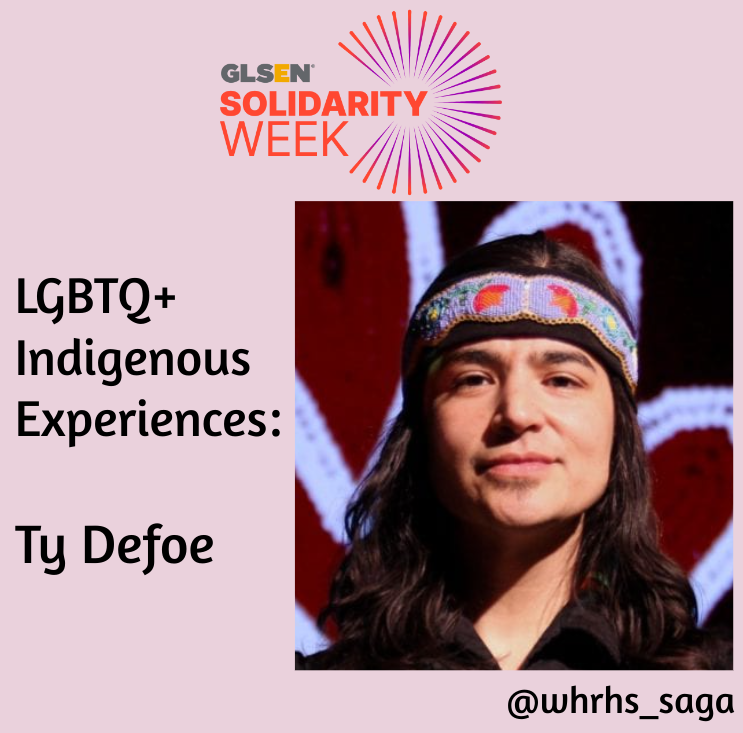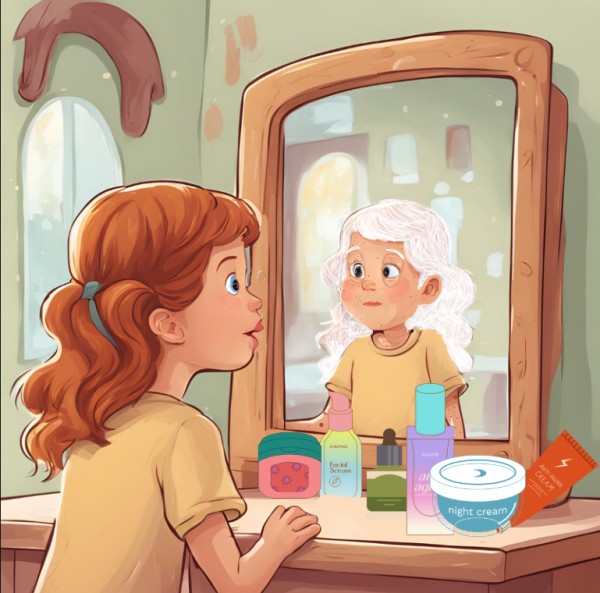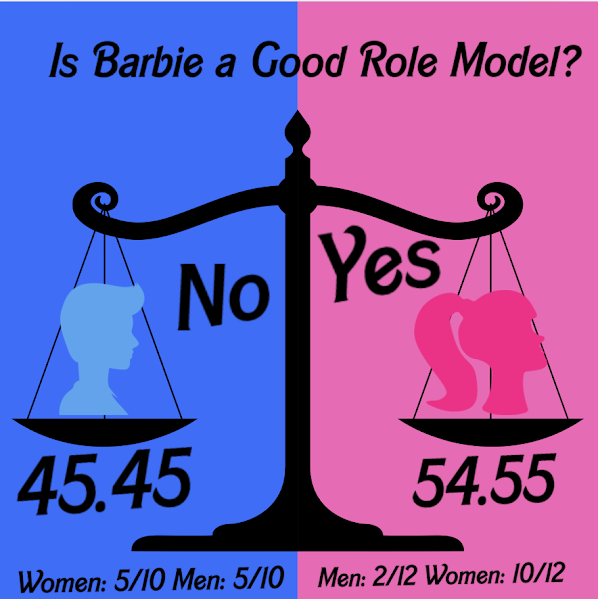Keep LGBTQ+ Education in NJ Schools
The last two years have been years of fire for LGBTQ+ youth. Over 300 anti-queer bills were introduced last year, according to the American Civil Liberties Union, compared to 124 in January of this year alone.
Targeting a range of topics, including health care access, education, free speech and expression, access to gender accurate IDs, civil rights, and public accommodations, right-wing politicians and citizens have made it their mission to “eradicate” LGBTQ+ people altogether, according to Conservative Political Action Conference speaker Michael Knowles.
Most of these bills originate on a state level (as opposed to local) in the Southern and Midwestern United States. Arguably the most extreme of the bills are in Florida, Texas, Tennessee, Mississippi and Oklahoma.
Florida led the campaign against the teaching of LGBTQ+ topics to students with Republican Gov. Ron DeSantis’ “Parental Rights in Education” bill (dubbed “Don’t Say Gay”), banning such teaching in grades K-3 (though he is now in talks on expanding the ban to K-8).
“LGBTQ+ topics” include the explanation that some people have two moms or dads and the fact that two same-sex people can get married at all.
Refusing to allow students the knowledge of different kinds of people leaves gaping spaces for children to feel left out and othered. The Gay Lesbian and Straight Education Network, (GLSEN), finds that students who are not taught about queer families, health or history face significant mental health issues.
However, while the problem exists most prevalently in other areas of the country, it has begun devouring New Jersey like a plague.
In May 2022, I was alerted by a teacher that the Warren County Board of Commissioners was looking to contest state law that middle and high schools must include “instruction on the political, economic and social contributions of” LGBTQ+ people. Citing the fact that this statute went into effect in the 2020-2021 school year in the middle of the COVID pandemic, the board claimed that there had not been enough discussion about it and that it therefore had to be reconsidered.
Understanding the importance of protecting this statute, and of promoting well-rounded education and helping students feel safe and heard, I jumped at the opportunity to act. A small group of pro-LGBTQ+ protesters was to attend the next board meeting, and while I couldn’t make it there myself, I wrote a letter in support of the state and my queer kin.
In the letter, I cited the suicide note of a young transgender girl from Ohio who took her own life because she felt unwanted, unloved and unappreciated. Underlining GLSEN’s findings, I explained the importance of LGBTQ+-inclusive education in public schools.
I wrote that Leelah “begged that students are educated on gender expression from a young age so all children feel comfortable and confident in who they were made to be, whether that be transgender, cisgender, genderfluid, or nonbinary.”
Leelah’s pleas are now echoed louder than ever by queer youth. Children are being subjected to anxiety, depression and bullying at an exponential rate – not just by their peers, but by the adults who are supposed to protect them.
It is vital that students are exposed to real history and real people to better prepare them to be members of society. That is what the American education system seems to preach, after all.
“My death needs to mean something,” Leelah wrote.
Let it mean change.






